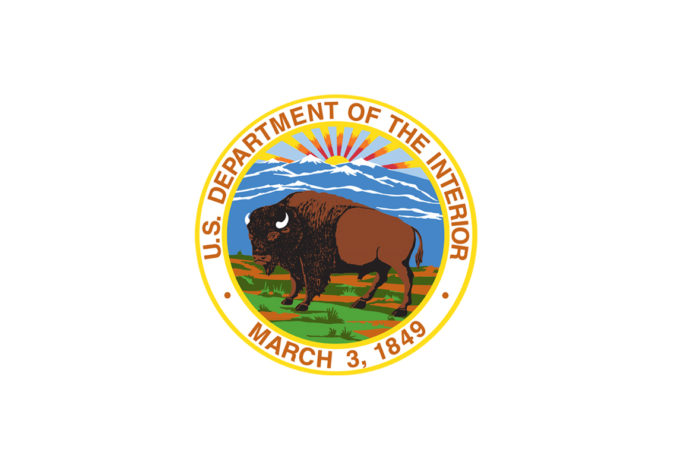WASHINGTON, D.C. – The Department of the Interior announced that it would begin consultations with tribes as it continues to strengthen the ability of sovereign nations to establish and consolidate their homelands.
Acquisition of land into trust is one of the most important functions the Interior Department undertakes on behalf of tribes and is essential to tribal self-determination. Trust lands are a primary locus of tribal authority, and many federal programs and services are available only on reservations or trust lands.
The Interior Department invites tribes to provide feedback in consultations that will focus on three specific topics: the land-into-trust process; leasing and rights-of-way; and sacred sites and treaty rights.
“At Interior, we have an obligation to work with tribes to protect their lands and ensure that each community has a homeland where its citizens can live together to lead safe and fulfilling lives,” said Assistant Secretary for Indian Affairs Bryan Newland. “These important actions are a step in the right direction to restore homelands that will strengthen tribal communities.”
Federal policies dating back more than a century have eroded the land base of Indian tribes across the U.S. By placing lands into trust status through the Department, tribes are able to reacquire lands within or near their reservations, establish a land base for tribal communities and clarify jurisdiction over their lands. Tribes have faced delays and increasing costs in efforts to develop housing projects, manage law enforcement agencies and develop local economies as a result of unnecessary hurdles in the land-into-trust process.
In April, Secretary of the Interior Deb Haaland issued Secretary’s Order 3400, which re-delegated the authority to review and approve applications to place land into trust to the Bureau of Indian Affairs regional directors. In addition to the Secretary’s Order, the Solicitor’s Office withdrew three previous opinions that impeded the Department’s ability to take land into trust for tribes and that were issued without adequate tribal consultation.















































